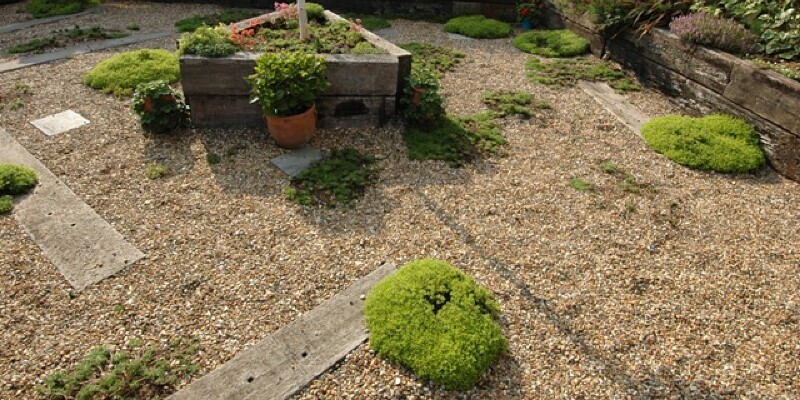Perennial carnations (Dianthus caryophyllus) are among the 300 species that make up the Dianthus genus, part of the Caryophyllaceae family. They are related to some other familiar garden flowers like pinks — a category that includes several different Dianthus species — and yearly candy William (Dianthus barbatus). Carnation depends partly on the specific variety, however, most carnations are hardy from U.S. Department of Agriculture plant hardiness zones 4 or 3 through 8 or 9.
Perennial Carnations
Carnations are distinguished from other members of the Dianthus family – to 36-inch jointed stems and gray-green leaves. Border carnations endure four or five flowers per stem and bloom once a year. Flowering carnations used for cut flowers and are usually grown in greenhouses. They could produce flower heads on each stem, but buds are usually removed so they produce one additional flower on each stem.
Varieties
Most of the carnations are hybrids, the result of years of cross breeding to create other characteristics, flower forms and colours. One of the most striking is”Bookham Fancy,” hardy in USDA zones 5 through 9. The shades are marked and edged with purple. Also hardy in USDA zones 5 through 9,”Manon” is deep pink with double petals. “Nina,” hardy in the very same zones, is a classic crimson carnation, using smooth-edged petals and strong, rigid stems.
Compact Perennial Carnations
At less than 12 inches tall, the red and white”Vienna Mischung,” hardy in USDA zones 6 through 9, functions nicely in front of a border or in baskets. It is part of the series, a range of compact carnations. Growing 8 to 18 inches tall,”Valda Louise,” sold under the brand Rosie Cheeks, bears deep pink, fully double flowers on sturdy stems. It is hardy in USDA zones 5 through 8.
Culture
Carnations flourish in slightly alkaline soil in full sun. Drainage is important, since the crops’ crowns will rot in wet or extremely compacted soil. Either grow carnations, if your soil is heavy clay or amend the soil. Regular moisture is important for carnations, especially.
